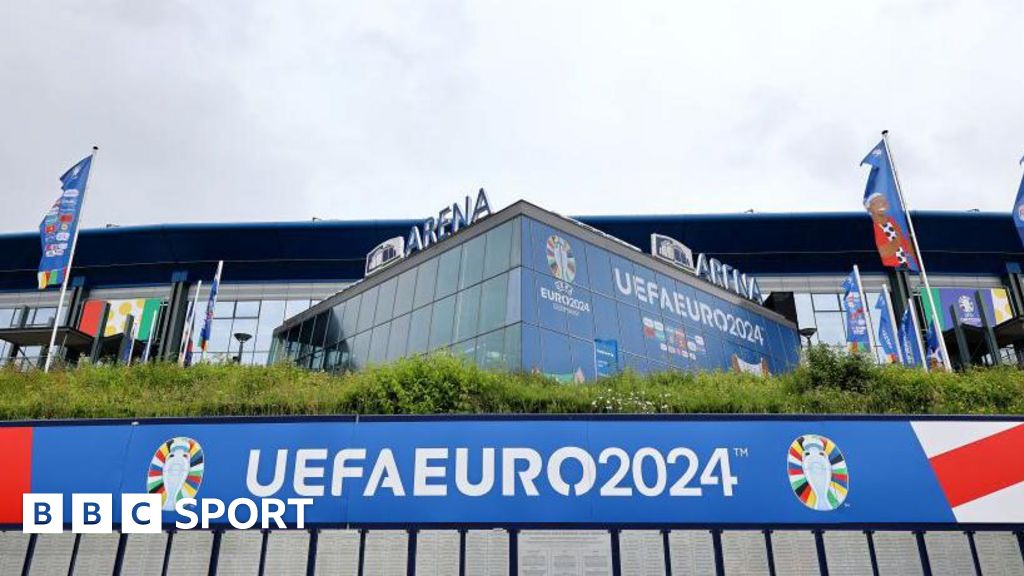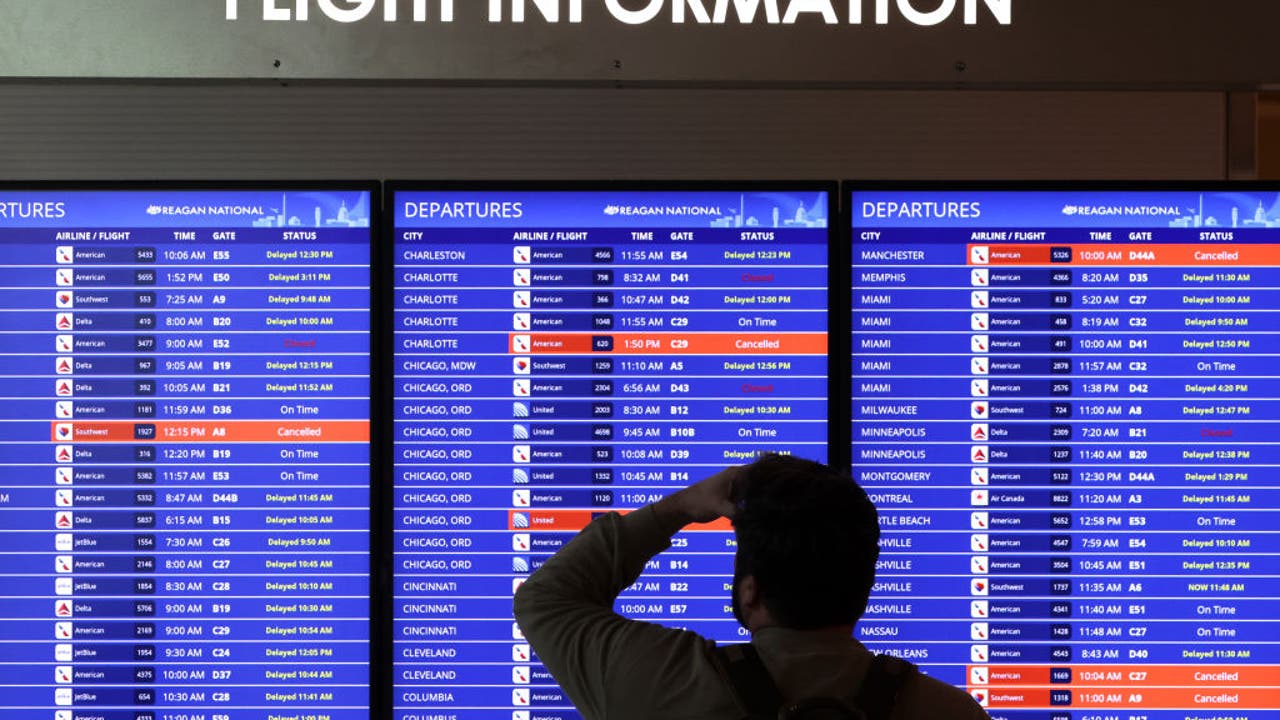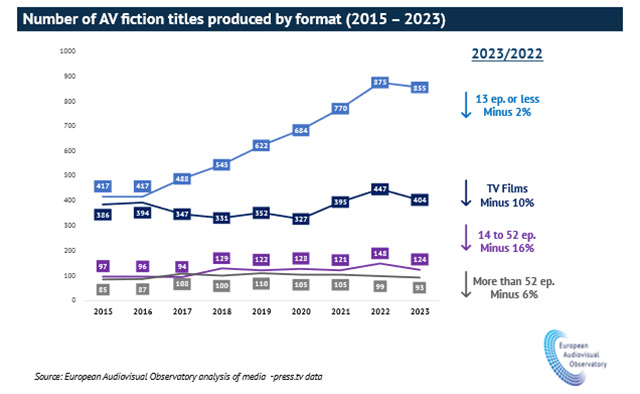Football
Euro 2024: England v Serbia deemed ‘high-risk’ by German authorities

German authorities have deemed England’s opening Euro 2024 match against Serbia on 16 June to be “high-risk”.
So how much concern really is there, and what measures are being put in place to prevent any trouble?
The local police in Gelsenkirchen have made it clear that the match could represent a security threat, highlighting a concern that 500 Serbian hooligans could be among several thousand supporters from the country expected to attend the match.
Only low-alcohol beer will be served at the stadium, and fans from the two countries will be kept apart, with more than 1,000 police officers on duty as part of a major security operation.
“The authorities rated that match from the start as high-risk” Andreas Schaer, the managing director of Euro 2024, told BBC Sport.
“But that was also about setting up preventative measures in Gelsenkirchen…for them to take all these actions they had to rate the match high-risk.”
“Serbia’s not been in the tournament for some time so there was some unknown factors – how are the two fan groups going to react? That is an open question. We as organisers are not that much concerned as our records do not show that there is a high risk of clashes, but of course the match has a bit of potential, if we’re not taking care, that it could escalate.”
Organisers say the apparent re-emergence of fan disorder across the European club game in the last two seasons is not a concern, and that a distinction has to be drawn with international football where there have been far fewer incidents.
However, Serbia has undoubtedly faced issues with fan behaviour in recent seasons,, external with hooliganism linked to pro-Russian, far-right political groups, ultra-nationalism and organised crime.
In November, Serbia’s stadium was partially closed for a qualifier against Bulgaria after racist behaviour by fans during a match with Montenegro. The following month Manchester City confirmed they were working with police in Belgrade after reports some of their supporters were attacked before a Champions League game there.
Serbian fans have chanted in support of Russia’s invasion of Ukraine, with Red Star Belgrade retaining their sponsorship deal with Russian energy giant Gazprom. In March, Serbia agreed to play Russia in a friendly, the first European country to do so since Russia’s national team was banned by Uefa and Fifa following the invasion. However, some experts warn against assuming the worst.
“Despite their fearsome reputation, it has been more than a decade since Serbian fans caused any serious trouble at an international match outside their home country” says Guy Delaunay, the BBC’s Balkans correspondent.
“That was in 2010, when they caused the abandonment of a European Championship qualifier against Italy in Genoa. Even then, they were not targeting opposition fans, but claimed to be protesting against their own football association.
“Matches since then against English teams in European club competitions have been largely trouble-free. Liverpool, Spurs [twice] and Manchester United have all played in Belgrade and hosted either Red Star or Partizan without any serious incidents.“










